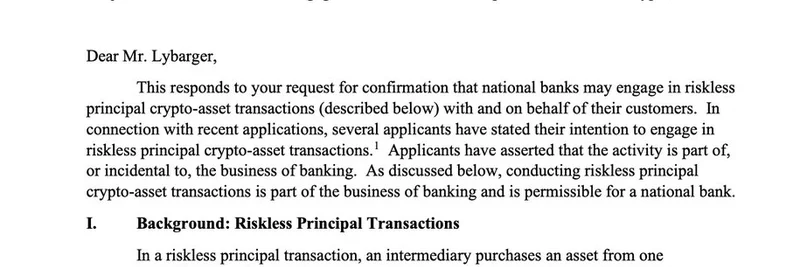In the fast-paced world of crypto, staying ahead of security threats is crucial, especially for those diving into meme tokens. Recently, a tweet from MartyParty (@martypartymusic) highlighted a critical alert from Ledger's CTO, Charles Guillemet, about a massive supply chain attack shaking up the JavaScript ecosystem. Let's break this down in simple terms and see what it means for you as a meme token trader.
The Alert: What's Going On?
Ledger's CTO, Charles Guillemet (@P3b7_), dropped a bombshell on X, warning about a compromised NPM account belonging to a trusted developer. NPM, short for Node Package Manager, is like a massive library where developers grab pre-built code snippets (packages) to build apps faster. The problem? Hackers hijacked this account and injected malicious code into popular packages, including "error-ex" version 1.3.3.
This isn't some minor glitch—these packages have racked up over a billion downloads. The sneaky code works by quietly swapping out crypto wallet addresses during transactions, redirecting your funds straight to the attackers. It's a classic supply chain attack, where bad actors tamper with the building blocks of software that countless apps rely on, including decentralized applications (dApps) used in blockchain.
MartyParty's thread emphasizes the risks for dApp users, urging everyone to avoid using primary wallets with dApps until the dust settles. He points to the Substack article by JD Staerk (we-just-found-malicious-code-in-the) for deeper details and advises devs to check their builds and roll back if needed.
Why Meme Token Traders Should Care
Meme tokens thrive on hype, quick trades, and community-driven dApps—think DEXs like Uniswap or Pump.fun where you swap tokens on the fly. But many of these platforms use JavaScript under the hood, making them potential targets. If you're farming airdrops, sniping new launches, or just holding your favorite dog-themed coin, this attack could hit your wallet indirectly through compromised dApps or web interfaces.
The malware focuses on crypto-related activities, like altering Ethereum wallet addresses. Since most meme tokens run on chains like Solana, Ethereum, or Base, which integrate with JavaScript-heavy frontends, degens are right in the crosshairs. Ledger's warning specifically calls out on-chain transactions, so if you're not careful, that moonshot trade could turn into a rug pull courtesy of hackers.
How the Attack Works (Simplified)
Imagine building a house with bricks from a supplier. If someone poisons a batch of bricks, every house using them could collapse. Here:
- The poisoned "brick" is the "error-ex" package, a common error-handling tool.
- It contains obfuscated code (hidden and scrambled to avoid detection) that activates during builds or runtime.
- When you interact with a dApp, it might swap addresses or send sensitive data to an attacker's server.
- This was spotted via a build error, but it could lurk in dependency trees—those nested layers of code that apps pull in automatically.
The Substack report notes it affects everything from startups to big corps, with risks to CI/CD pipelines (automated build processes) and even developer machines.
Steps to Protect Yourself
Don't panic, but do act smart. Here's what experts recommend:
Hardware Wallet Users: You're in a better spot. Always verify the transaction details on your device's screen before signing. Ledger users, this is why that extra step exists— it blocks address swaps.
Software Wallet Users: Hit pause on on-chain activities. Avoid dApps for now, especially if you're on hot wallets like MetaMask.
General Tips for Everyone:
- Use fresh wallets with small amounts for testing.
- Sit tight—limit interactions until patches roll out.
- If you're a dev building meme-related tools, audit your dependencies. Use "npm ci" for clean installs, pin safe versions like "[email protected]" in your package.json, and run "npm audit" regularly.
MartyParty stresses putting UI code on-chain to reduce reliance on centralized servers, a forward-thinking idea for safer dApps.
Wrapping Up: Stay Vigilant in the Meme Game
This incident underscores why security is non-negotiable in crypto, even for fun meme plays. As meme tokens evolve, blending humor with real utility, threats like this remind us to prioritize safety. Keep an eye on updates from Ledger (@Ledger) and reliable sources. For the full thread that sparked this discussion, check out MartyParty's post here.
At Meme Insider, we're committed to keeping you informed on the latest in meme token tech and security. If you've got tips or stories, drop us a line!



